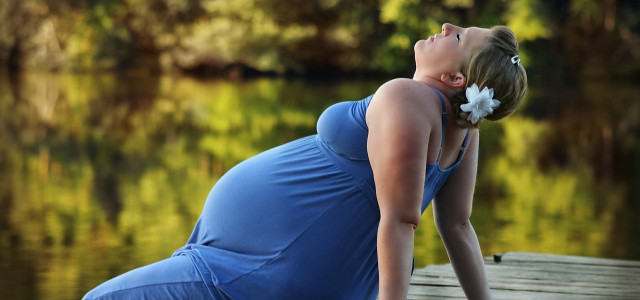
Bathing during pregnancy can help you relax. Here you can find out what you need to consider when taking a bubble bath in the tub or swimming during pregnancy.
Bathing during pregnancy is a great way to give you and your baby some rest and relaxation, but there are some important tips to keep in mind if you want to avoid harming your baby or inducing labor.
Tips for bathing during pregnancy
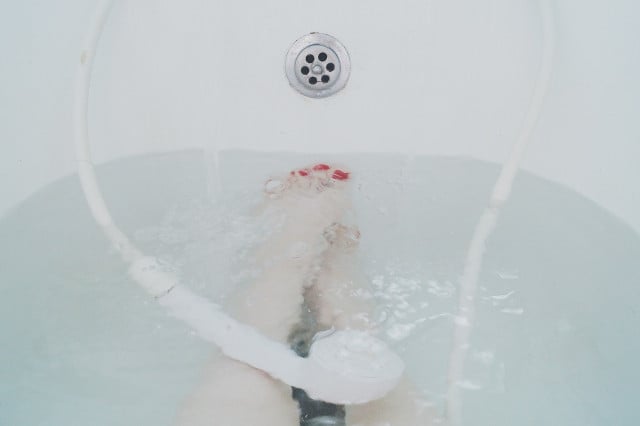
(Photo: CC0 / Pixabay / StockSnap)
In principle, bathing is allowed during pregnancy. The warm water has several advantages: for example, bathing loosens tense muscles and relieves pressure on your back and joints. A warm bubble bath can also help with cramps.
You should keep these tips in mind when bathing in the bathtub:
-
Don’t bathe in water that’s too hot: The temperature of the bath water plays an important role. If you bathe in water that’s hotter than 37 degrees, you risk your blood pressure plummeting. It’s best to always use slightly cooler water; 34 degrees is perfectly adequate.
-
Do not bathe for longer than 15 minutes: Make sure that you only stay in the tub for a maximum of ten to 15 minutes at a time so as not to overload your circulatory system.
-
Always have a glass of water within reach: When you take a hot bath, you sweat and your body loses fluids. That’s why you should always drink enough. Simply put a glass of water next to the tub.
-
Be careful with essential oils: You should avoid essential bath oils because some ingredients such as camphor, cinnamon or cloves can induce labor. If you are unsure, it is best to speak to your doctor. If you suffer from dry skin, you can add moisturizing additives to the water.
Showering during pregnancy
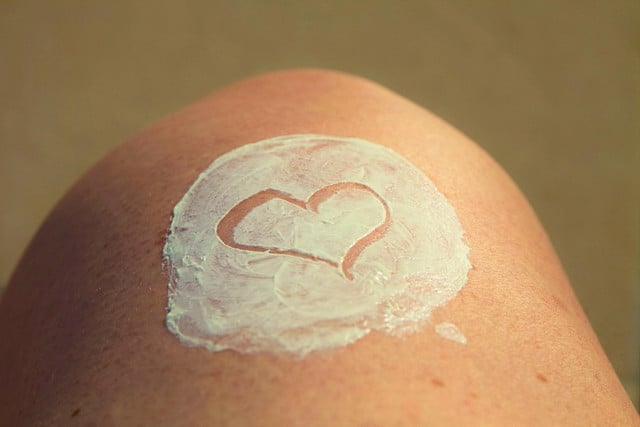
(Photo: CC0 / Pixabay / chezbeate)
When showering during pregnancy, you should make sure that you do not dry out your skin with unsuitable care products. For example, you should only use soap very sparingly. It will quickly dry out your already stressed skin. It is therefore better to use moisturizing and rich shower oils. You can also prevent stretch marks with the following tip.
- After showering, massage a few drops of wheat germ oil into your stomach, chest and thighs.
- Now gently pinch the massaged skin. This will ensure that the oil is absorbed even better by your skin and reduce the risk of stretch marks.
Tip: Almond oil or jojoba oil also moisturizes your skin after showering or bathing during pregnancy.
It is better to avoid whirlpools during pregnancy
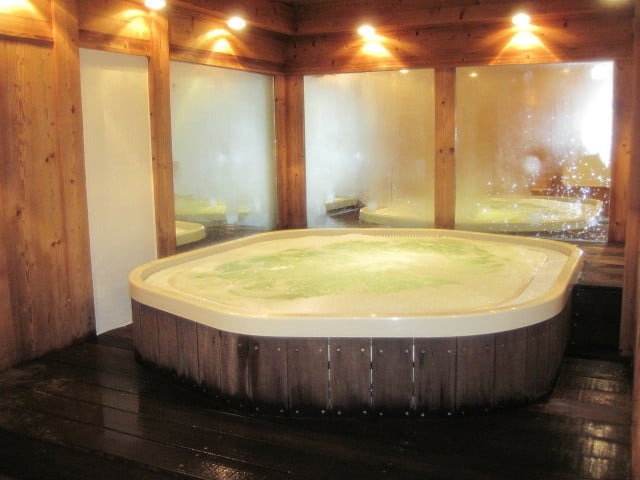
(Photo: CC0 / Pixabay / PublicDomainPictures)
Bathing in a hot tub can be very tempting during pregnancy. However, you should avoid bathing in a hot tub. The warm water is a real paradise for bacteria and fungi, especially if the water is not changed very often. During pregnancy, your body’s hormone levels change. This reduces the acid level in the vagina, which weakens your local immune system. This is why you can quickly get a vaginal yeast infection in warm water.
Swimming during pregnancy – no problem!
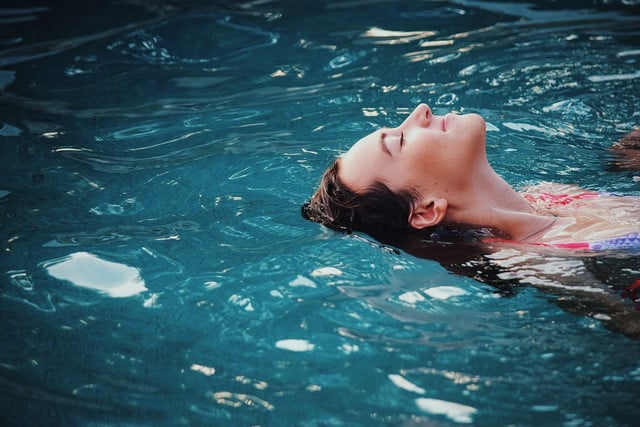
(Photo: CC0 / Pixabay / Pexels)
If you are pregnant, swimming is actually the ideal sport for you. It doesn’t matter whether you train regularly or just do a few laps in the pool every now and then. Exercising in the water has many advantages during pregnancy:
- In the water, your baby bump doesn’t press down as much. This relieves pressure on your joints.
- When you swim during pregnancy, you also train all muscle groups and your endurance. Being in good shape can make the birth easier for you.
- If you swim and do water aerobics, you can also reduce the risk of edema and relieve back pain.
Tip: As with all sports, the same applies to swimming during pregnancy: listen to your body and don’t overexert yourself. Especially in the last few weeks, you should only swim short distances and slowly.
Chlorine smell in the swimming pool
However, you should pay attention to the smell in both the outdoor and indoor pools. Chlorine mixed with water is almost odorless. The typical swimming pool smell is caused by the reaction of chlorine with trichloramine, i.e. urea. Urea gets into the water via the skin and when people pee in the pool. The more intense the smell, the dirtier the water. So if it smells strongly of supposed chlorine, you should probably avoid going swimming.
Read more on Techzle\.com:
- Vegan diet and pregnancy – is that possible?
- Coffee during pregnancy and breastfeeding: The most important facts
- Breastfeeding and nutrition: These foods are optimal for you and your baby
Edited by Lena Kirchner
** marked with ** or orange underlined Links to sources are partly affiliate links: If you buy here, you are actively supporting Techzle\.com, because we then receive a small part of the sales proceeds. .